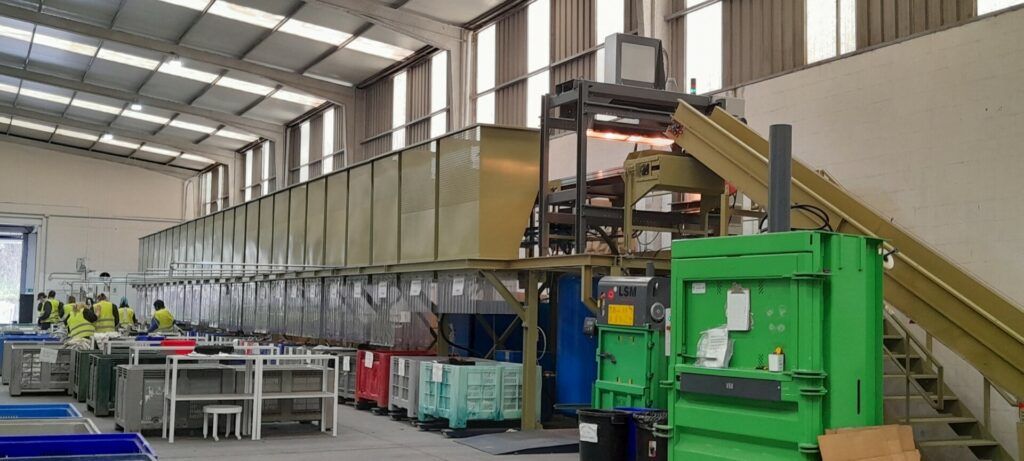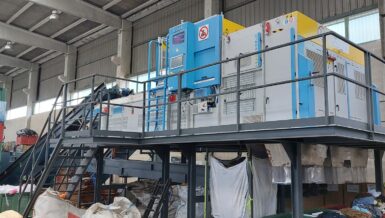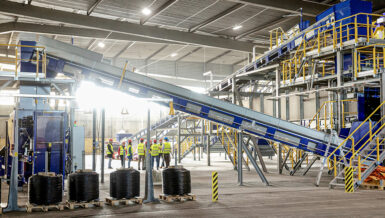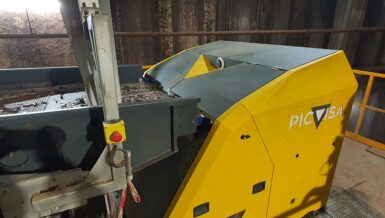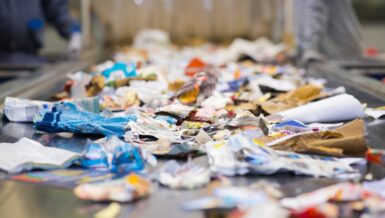The landscape of textile recycling is ever-changing, driven by increasing awareness of the environmental impact of textile waste and the potential for recovering value from discarded materials. According to a study by McKinsey, scaling up textile recycling in Europe could create a €2 billion market by 2025 (McKinsey, 2021). However, the textile recycling industry still faces significant challenges, including securing financing, building strong business cases, and assuring a consistent material supply.
One of the primary challenges in textile recycling is the lack of robust business cases. The industry needs to demonstrate that recycling technologies can be economically viable, create jobs, and contribute to the circular economy. Moreover, recycling companies need to overcome the hurdles of material sorting and separation, which often require manual labor and incur high costs.
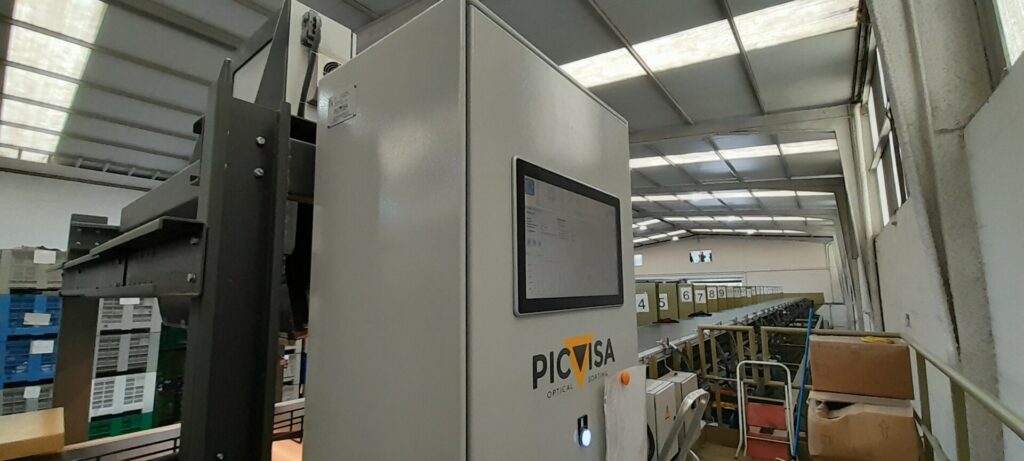
Financing is another obstacle in the growth of the textile recycling sector. Investment is needed to develop efficient recycling technologies, scale up operations, and establish new recycling facilities. As of now, insufficient funding has impeded the industry from reaching its full potential and delivering on the environmental benefits of textile recycling. Public funding could play a crucial role in overcoming this initial funding issue, enabling companies to build solid business cases and attract private investments.
Assuring a steady material supply is also critical to the success of textile recycling efforts. The unpredictability of waste streams and the diversity of materials can make it difficult for recyclers to maintain a consistent and reliable feedstock. This uncertainty can further hinder investment and business case development.
To overcome these challenges, advanced technologies such as PICVISA’s ECOSORT TEXTILE can play a pivotal role. ECOSORT TEXTILE is an innovative automated sorting system that uses artificial intelligence (AI) and machine learning to efficiently separate different types of textiles. This technology offers multiple benefits:
- Improved sorting efficiency: ECOSORT TEXTILE can significantly reduce manual labor, lowering the operational costs associated with textile recycling. By automating the sorting process, the technology enables recyclers to process larger volumes of material with greater accuracy and speed.
- Enhanced material recovery: The AI-driven system can identify and separate a wide range of textile materials, ensuring maximum value is recovered from waste streams. This capability can improve the overall profitability of textile recycling operations and strengthen the business case for investment in the sector.
- Scalability: ECOSORT TEXTILE‘s advanced technology allows for scalable solutions that can be adapted to different recycling facility sizes and waste stream compositions. This flexibility can help attract investment and enable the textile recycling industry to grow more rapidly.
- Circular economy contribution: By streamlining the textile recycling process and increasing material recovery rates, ECOSORT TEXTILE can contribute to a more circular economy. This, in turn, can help reduce the environmental impact of textile waste and support the industry’s long-term sustainability.
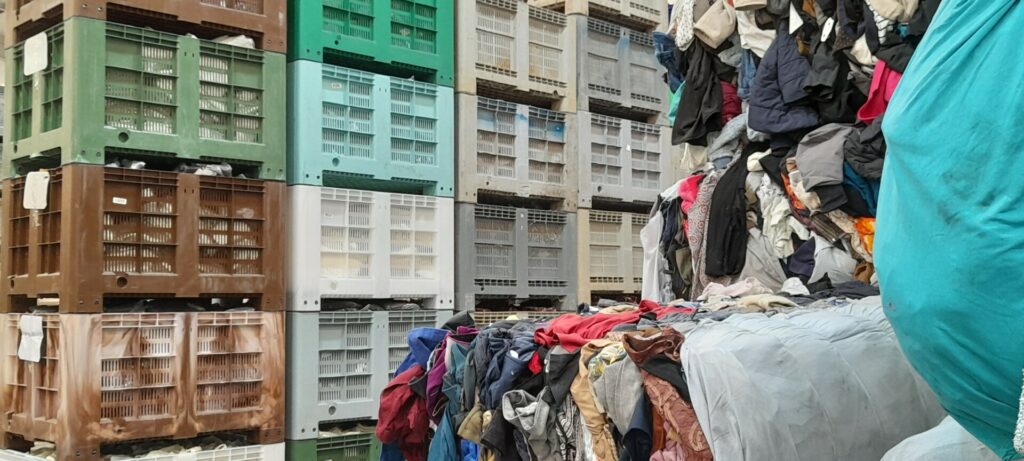
In conclusion, the textile recycling industry faces several challenges, including financing, developing strong business cases, and assuring material supply. However, technologies like PICVISA’s ECOSORT TEXTILE offer a promising path forward, with the potential to overcome many of these obstacles. By integrating advanced sorting systems into the recycling process, the textile recycling sector can move closer to achieving its environmental and economic goals, fostering a more sustainable and circular textile industry.

